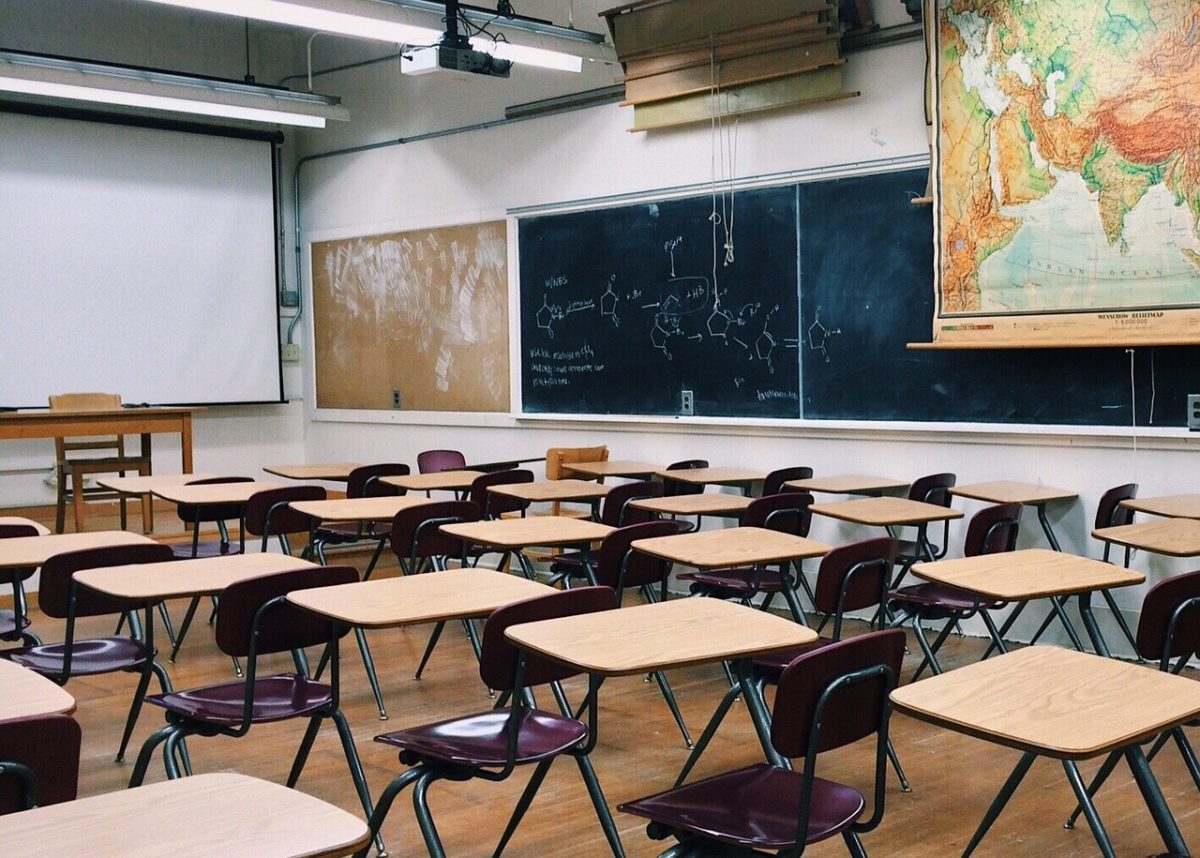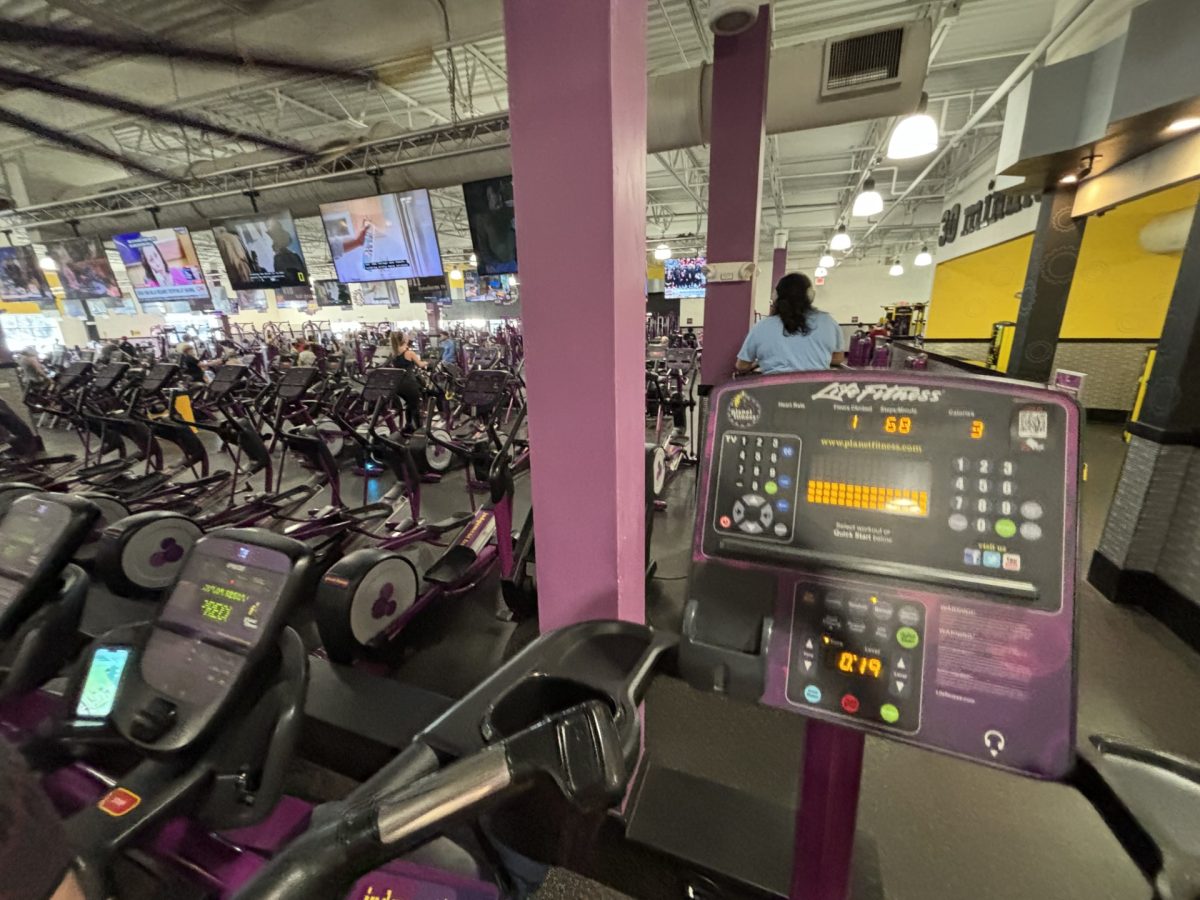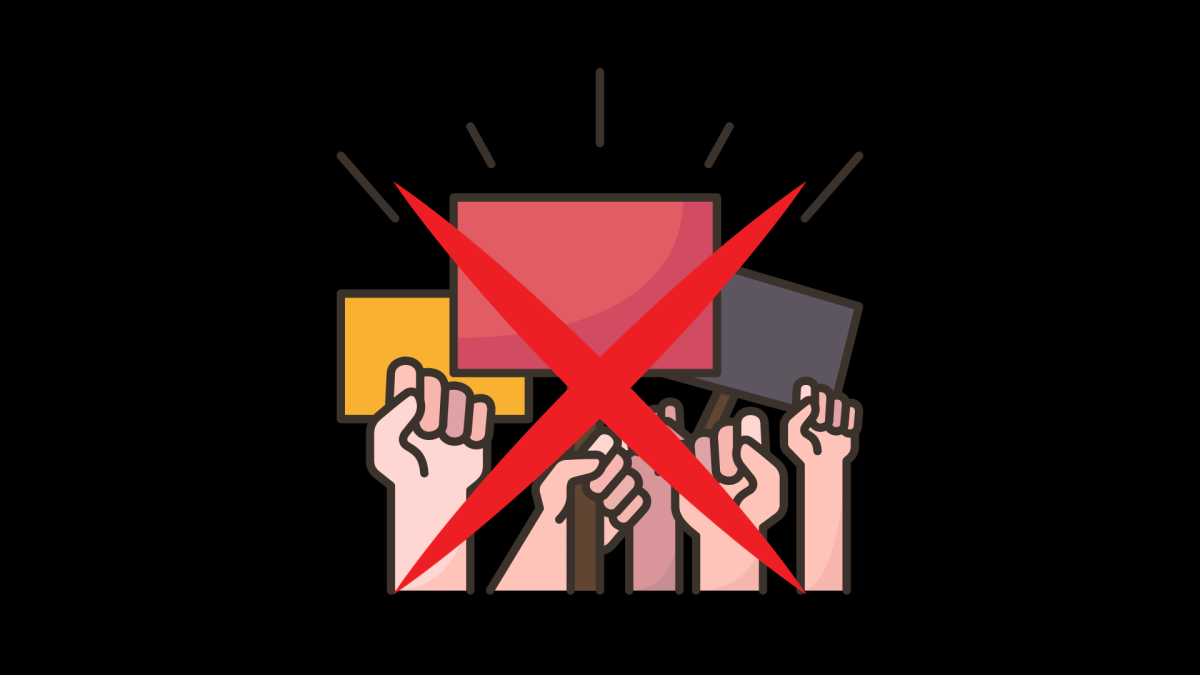Voted one of “The 100 Most Influential People in the World” for 2013 by Time magazine, winner of Pakistan’s first National Youth Peace Prize and nominee for the 2013 Nobel Peace Prize, it is no wonder that Malala Yousafzai has been a hot contender for American news headlines in recent months. With these interviews however, the media needs to still keep some very important notions in mind. When being featured in the media, all aspects of her as a person need to be taken into account – her accomplishments, her gender and her love of culture. Without this, it takes away from some of the exact elements that have made her such an inspiration.
Shot by a Taliban gunman Oct. 9, 2012 in an attempted assassination as a result of her avid activism for women’s education in Pakistan, Yousafzai continues to be a loud voice in the fight for education equality across the globe. Since her July 12 speech to the United Nations, leading their first ever “UN Youth Takeover,” American news agencies have been jumping at the chance to talk with the eloquent 16 year-old.
While Yousafzai may only be sixteen, she has managed to accomplish more than many do in a lifetime. Despite her age, Yousafzai does not deserve to be babied by the media. Her activism has spread across the world and made her renowned in a world typically reserved for adults. Even more so, according to the Women’s Media Center (WMC), at the current pace of gender equality advancement, “it will take until 2085 for women to reach parity with men in leadership roles in government/politics, business, entrepreneurship and nonprofits.” Already, Yousafzai is an anomaly in the media frenzy that she has been thrown into.
Yousafzai needs to be respected not only in terms of her age and gender, but also her culture. The American media has been quick to criticize her culture as a result of her advocacy. Yousafzai on her own, however, has reiterated many times that it is the policies of her country in terms of education, especially when enforced by the Taliban, that she is advocating against, and means no insult to the culture that she holds so dearly. On Comedy Central’s “The Daily Show with Jon Stewart,” Yousafzai was quick to mention that she wished no harm or cruelty upon the Taliban – instead, she would just like to have a discussion with them about education.
Even in a private meeting with President Obama and the first family, Oct. 11, Yousafzai brought up her concerns about the drone strikes by the United States that were taking place in Pakistan. She said, “Innocent victims are killed in these acts, and they lead to resentment among the Pakistani people. If we refocus efforts on education it will make a big impact.” The American media, and media around the world, needs to take note of the message of peace and conversation that Yousafzai has been consistently been speaking of. Her story should not be used as fuel for aggressions or violence.
The American media wants to portray Yousafzai in a heroic light, when in reality, it is not what she is attempting to gain from her appearances. Her efforts have never been in an attempt for personal notoriety. There are numerous other young women across the world fighting for their right to an equal education–Yousafzai may have become a media icon representing them, but she is in no way the only one. This fact alone, however, does not alter the notion the she is a inspiration to young girls around the world.
Headlines
- April 18Sample templates
- April 17Oracle Observations: Understanding Ramadan
- April 9Pros and cons of having AP classes in the spring
- April 9The struggles of AP exams
- April 9Dress code: It was never that serious
- April 9Athens Drive Red Cross Club Makes A Comeback
- April 9JV Softball steps up to bat
- April 5Stingray Jesus? Parthenogenesis explained.
- April 4Student owned businesses effects on education
- April 3High school burnout: at what cost?
Donate to ATHENS ORACLE
$0
$500
Contributed
Our Goal





